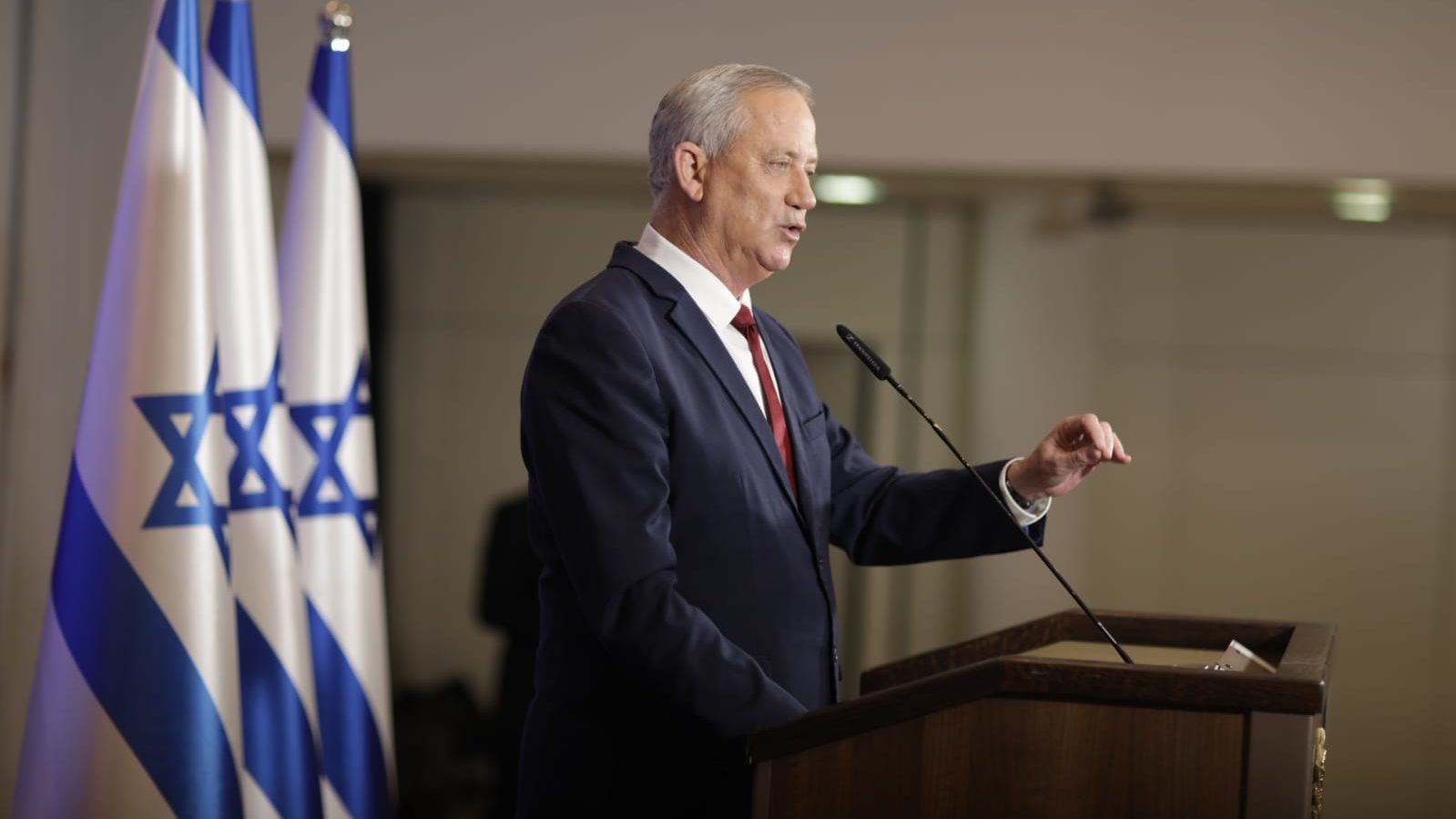Israeli Generals and Peacemaking
Al-Sharq Al-Awsat, London, December 20
“Israeli generals who have tasted the scourge of war are those who want peace the most.” This is a statement made by Benny Gantz, Israel’s defense mnister and alternate prime minister. Unlike the politicians of the Likud bloc led by Benjamin Netanyahu today, who are driven by religious ideology and by insistence on controlling the land and obtaining peace at the same time, Gantz and many other senior officers in Israel acknowledge that comprehensive peace with the Palestinians will come with a price, including a territorial one. When Benny Gantz talks about the role that the Israeli army generals can play in making peace with the Palestinians, one might think of Israel’s former prime minister, Yitzhak Rabin, who, during his tenure as minister of defense in the 1980s, said Israel should “break the Palestinians’ bones.” Later, however, he signed the Oslo Accords with Yasser Arafat and called to “stop the bloodshed of Israelis and Palestinians.” This change in Rabin’s positions, from a “bone breaker” to a peace partner, was met with defiance by Israeli religious zealots, who considered Rabin a traitor. Their incitement eventually led to his assassination on Nov. 4, 1995, leading to an abrupt ending of Israel’s peace talks with the Palestinians. Like Rabin, Benny Gantz also seems to have come a long way from his military days. From the chief of staff of the Israeli military who led two wars on the Gaza Strip, Gantz became a “civilian” who admits that full and comprehensive peace in the Middle East cannot be achieved without a settlement with the Palestinians. He went on to say: “The Palestinians deserve an entity in which they can live independently.” Even the division of Jerusalem was not off the books for Gantz, who suggested that “the city of Jerusalem is large enough and has plenty of sacred sites for all religions.” This statement, coming from the most senior officer in the Israeli army, is very revealing. It is a stark reminder that Israel’s military superiority alone is not enough to end the conflict and provide long-term stability for the region. Notably, it is not usually the job of the military officers to make peace. In Arab countries, many leaders walked the opposite way, turning from civilians, who have no experience on the battlefield, to “generals” who hung stars and medals on their chests, and led their people and armies into defeats and disasters. In Israel, it is difficult to question the experience of military leaders. Therefore, they are often more willing to speak freely. And more and more of them are realizing that power and force alone cannot bring about peace. Of course, we all know that appeals alone do not make peace, and that moderate worldviews like that of Gantz’s are only good insofar as they resonate with a wide audience. Unfortunately, in Israel, the general public seems to identify with a more extremist worldview that seeks to maximize Israel’s gains without making any concessions. That’s why Gantz’s vision remains a mere slogan and not an implemented reality. Here, we return to the role played by extremist groups in any chance for peace. Those calling for extreme solutions on both sides of the conflict are not satisfied with any concessions. Israeli extremists raise the banner of territorial control and expansion, alongside military supremacy. Palestinian extremists rally around the idea of “resistance” and refusal to recognize Israel. Both of these camps are spoiling whatever chance there is to salvage the situation in the Middle East. And neither one of these groups is actually promoting their respective side’s long-term political interests. –Elyas Harfoush (translated by Asaf Zilberfarb)


